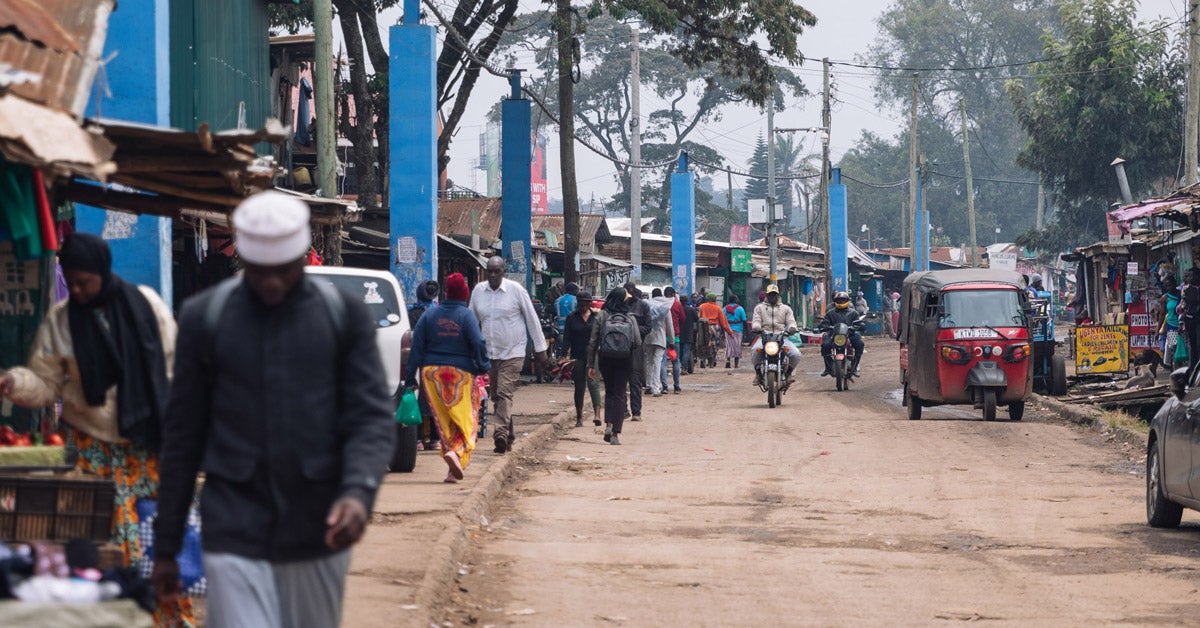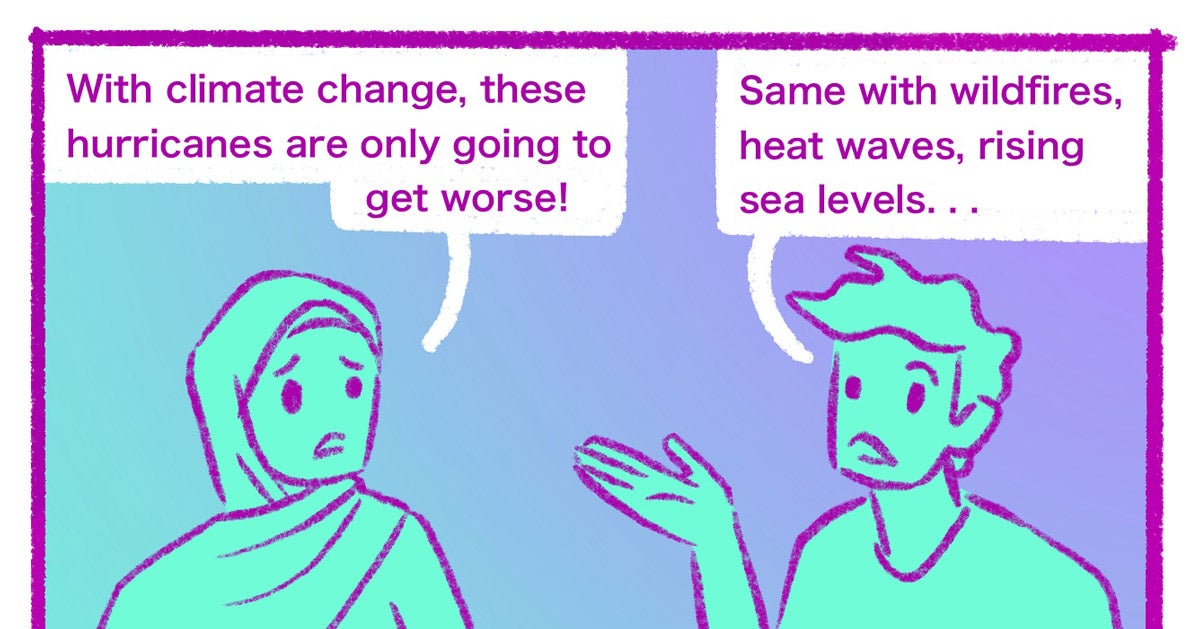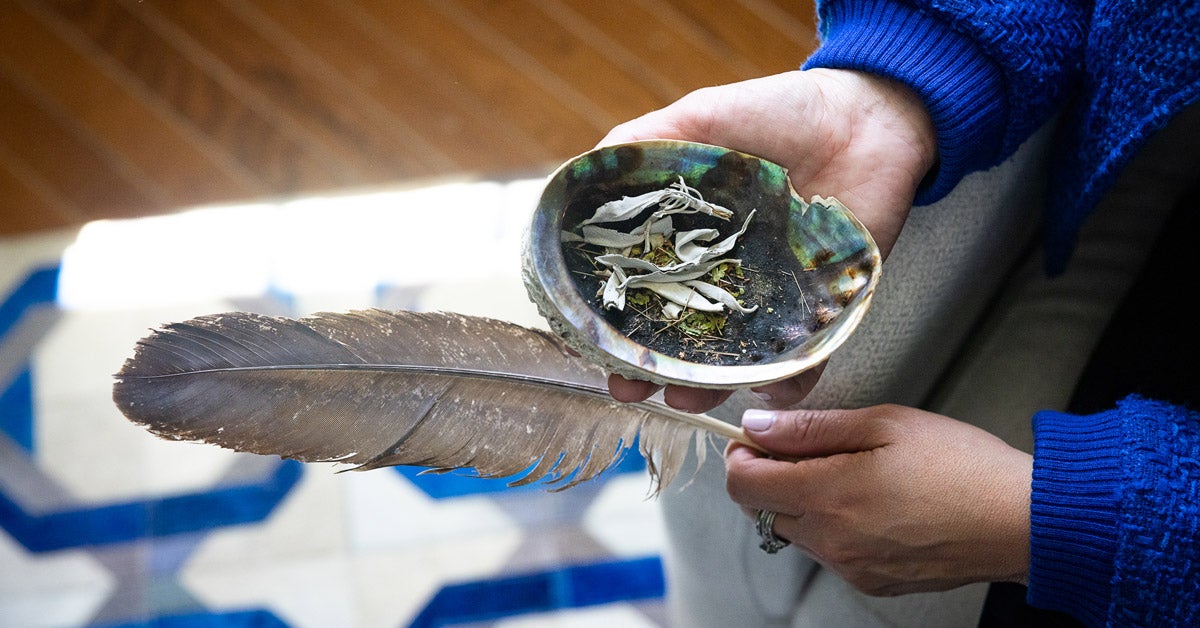Newsletter
HPH Weekly: One simple but ingenious clean water solution
This edition of Harvard Public Health Weekly was sent to our subscribers on August 8, 2024. If you don’t already receive the newsletter, subscribe here. To see more past newsletters, visit our archives.
How Kibera’s water woes vanished into thin air

Getting clean water in Kibera has long been a challenge. An informal community of a quarter-million people, the neighborhood lacks basic infrastructure. A decade ago, a community-based organization decided to take the water problem into its own hands—and now, people are healthier, teachers and students miss less school, and communities are less vulnerable to disease outbreaks.
Climate change bites
An editorial cartoon by Jenna Luecke

A Wabanaki organization forges its own approach to addiction treatment

For years, the people of Wabanaki, an Indigenous tribe in Maine, have had to leave their communities to seek addiction treatment in other states. Now, The Maine Monitor reports, the nonprofit organization Wabanaki Public Health and Wellness is offering culturally sensitive care to the state’s tribal nations—and expanding ideas about how public health can work.
Snapshot: We need better rapid tests for Lassa fever
Lassa fever is a viral hemorrhagic fever common in West Africa. Researchers hoped a rapid diagnostic test would help catch cases earlier, but a recent study casts a damper on that hope.
What we’re reading this week
The climate crisis demands a move away from car dependency →
Environmental Health News
States have increased anti-abortion center funding by nearly $500 million since Roe was overturned →
The 19th
Young Americans prioritize health care in 2024 election →
Think Global Health
